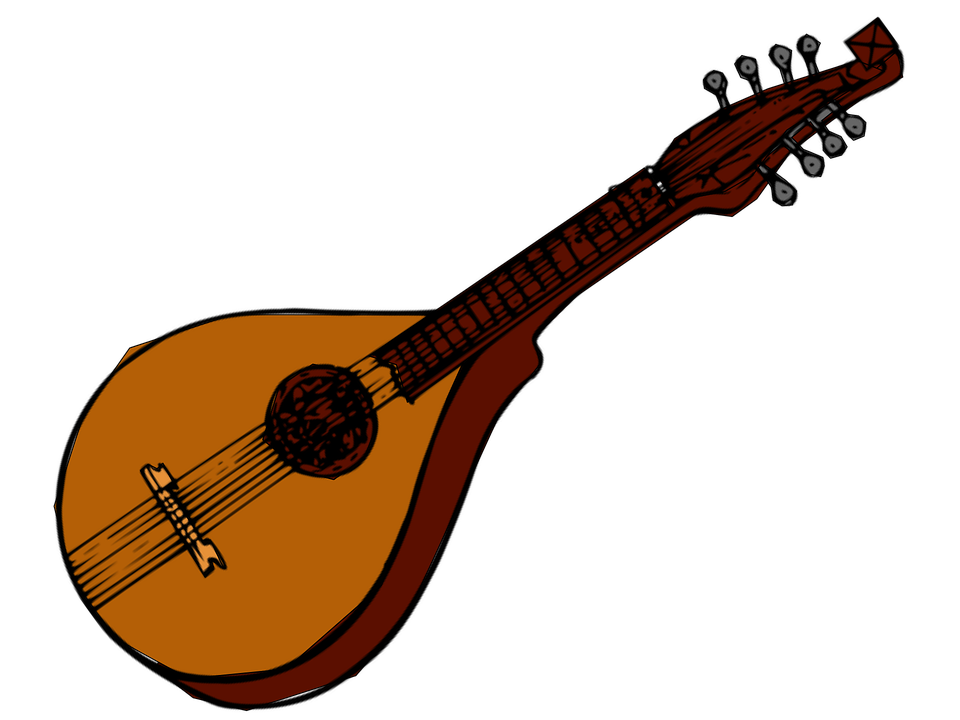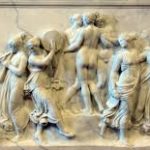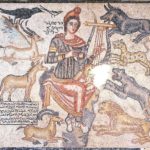The ancient Romans lacked the originality as far as music was concerned. Music was played in funerals, private gatherings, and reunions as well as in public performances like in the gladiatorial ground. The ancient Roman music was also used in the military for signaling purposes. Music was also a part of religious ceremonies.
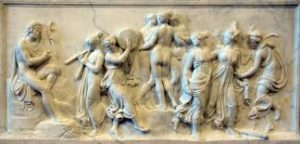
A wide variety of musical instruments were used and played in ancient Rome. There were blowing instruments, plucked string instruments, organs, etc.
Ancient Roman Music
The tuba was a long and straight bronze trumpet having a detachable, conical mouthpiece. The tuba was about 1.3 meters long.
Cornu
The cornu, also a blowing instrument, was somewhat more semi-circular in shape. It was a bronze instrument with or without any cross-bar or handle.
Aulos
The aulos was usually double, consisting of two pipes, played with a mouth-band to hold both pipes steadily between the player’s lips.
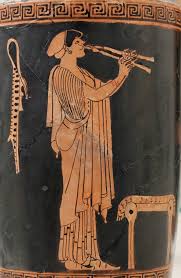
Other blowing instruments were the assaults, a bagpipe and older versions of modern flute.
Lyre
There were stringed instruments like the lyre, which was essentially a harp, with a frame of wood along with various numbers of strings stretched from a crossbar to the main sounding body.
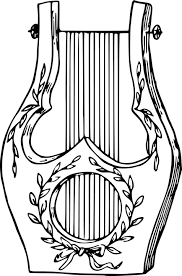
The Romans gradually abandoned this instrument and adopted the use of a more sophisticated ancient Roman musical instrument called the kithara.
kithara
The kithara was a large instrument with a box-type frame with strings stretched from the cross-bar at the top to the Sounding box at the bottom and it was held upright. The strings could be tuned accordingly.
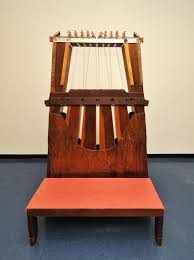
Lute
The lute was the true forerunner of the modern day guitar, and was considered as a medieval instrument but was actually played by the ancient Romans.
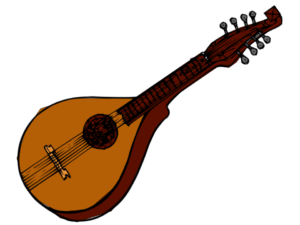
The ancient Roman lute had three strings but was not as popular as the lyre or the kithara, though it was easier to play.
Gods of Music
It was considered that the Gods of music gave kithara players this fine art of playing the instrument, a gift to mesmerize listeners.
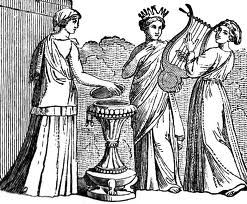
More info on- Music, Musical instruments, Dancing, Types of Dance, Dancers
